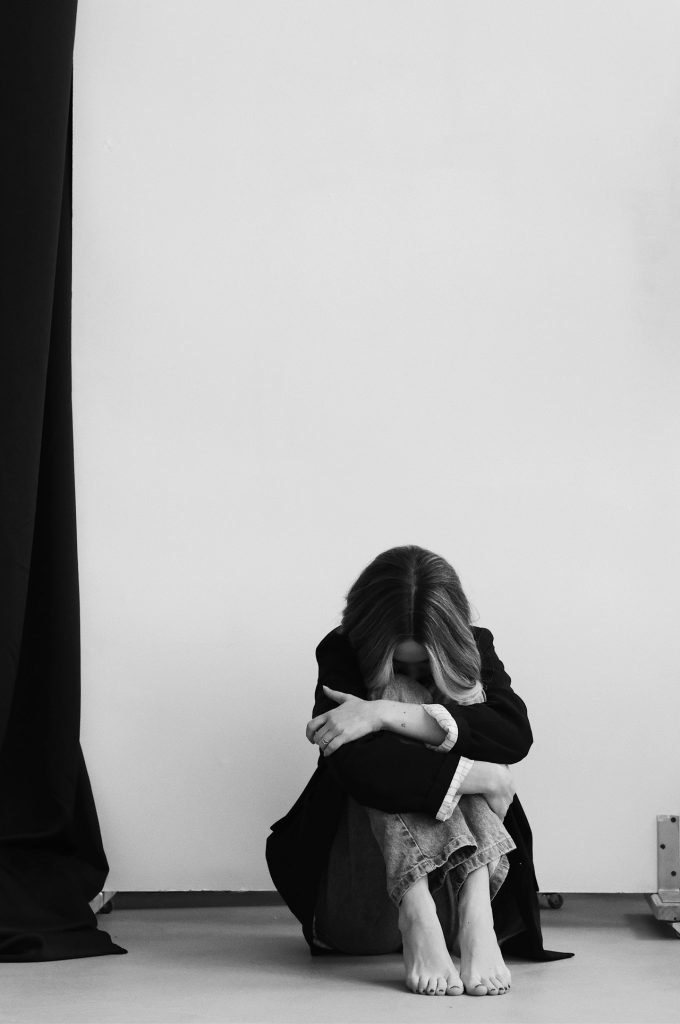The Power of Failure

For many people, the word failure has a negative connotation. It's something most people are trying to avoid at all costs. It's an attitude of giving up - or the belief that we no longer have any personal power.
For example, we may feel like we're never going to be able to learn something. Or that something we really want is just never going to happen.
And of course, we've all gone through challenges and obstacles in life that don't turn out the way we want them to. Sometimes it's due to our own actions - but other times, it can be things that just happen and are totally outside of our control.
But, the thing to remember is that failure is always temporary. It's okay to feel sad, angry, defeated, frustrated - whenever things don't turn out the way we want them to or how we envisioned they would. But after taking time to process or feel whatever emotions that arise, the real question is, now what? Where do we go from here?
And so, the fact that where do we go from here is a QUESTION means that we are making a CHOICE as far as what comes next. That failure is really a state of mind that we actually choose.
Now, of course, I realize that it often doesn't feel like we're in a position to make a choice. We can feel powerless or defeated. Like, if we've failed at something, over and over and over again - we might think to ourselves, maybe I SHOULD just quit. Or maybe I'm not meant to achieve this thing or grow in this particular way. We can start to doubt ourselves. Why SHOULD I keep going if I'm just going to fail yet again?
But the power of it being a choice gives us the ability to reframe failure. We can accept failure as an inevitability of life and then learn to reframe them as life lessons for growth.
We do this by asking ourselves questions like, what got in our way in achieving whatever it was we were trying to do? Why weren't we "successful"? Was it something we did or didn't do? Was I even in control of why things didn't work out? Or what aspects of what happened do I need to take responsibility for? And what do I need to let go of?
It is the answers to questions like these that allows us to shift our perspective around the failure. It is what allows us to make our way out of or around, whatever failure it is that we've just experienced. We are able to uncover a lesson - because of the failure.

And often when we come up against a string of failures around the same obstacle, it's usually because we're not getting a message we're meant to learn. If we keep banging our heads against the same wall, it typically indicates that the lesson is something different than what we THINK it is. That we might need to get a bit of a higher perspective on what is actually going on. So, even making the same mistakes over and over again can be a lesson in itself.
And sometimes the lesson isn't even how do avoid failing, but rather, how can I respond BETTER to failing? Some failures are just not avoidable. So rather than fixating on what might have happened, it could be about, how can I pick myself up and move on? Perhaps with greater dignity and grace, for example.
And so, working with failure is more about shifting our perspective around it. It comes down to what we make of it. Do we see it as this debilitating setback? Or as a vehicle for growth?
In this way, it reinforces the idea that life is about the journey and not the destination. If we focus ONLY on results, we will feel like we've wasted our time or that all of our effort was for nothing if things don't always turn out the way we want in life. And of course, we know that it's impossible for that to always happen.
Now, I do feel that results ARE important. They just can't be our sole focus. Without demanding results from ourselves. Without demanding that we show up with excellence from ourselves, we will never actually experience the "failures" that we need to, in order to actually grow and progress in life.
There's a popular saying that "showing up is half the battle." Showing up, physically, is great. That's more than most people are willing to truly commit to.
But showing up mindfully, is totally different. Showing up with the mindset of growth. Of thriving. Of having goals for ourselves, rather than just showing up "in body only" - and going through the motions, is just as important as the journey. Or rather, I would say the destinations are a crucial part of the journey. Without them, we wouldn't have the opportunity to work through failures. To work through plateaus. We wouldn't have the inspiration of something pulling us forward - to realize our true potential.

Big picture wise, failures are really just stepping stones, which move us towards fulfilling our goals and vision. As long as we're ultimately enjoying what we're doing, they're here to teach us, rather than stop us or waste our time.
We don't need to give up on our dream, whether it be a relationship or a business or a practice - just because we encounter failures. There's still potential in that dream which excites us.
They can serve to gain clarity. They can have us reflect on how important a dream is to us. Are we willing to get back up and pursue our dream? Or was it a dream that we never fully believed in or committed to in the first place?
By focusing on the things that give us energy and fulfillment, failures our really opportunities for us to practice claiming our power. They are like tests. Will we get knocked off balance when things don't our way or the way we think things should be? Or will be able to hold our center and stay rooted? Failure is actually one of our greatest teachers as long as we remain open and curious to the lessons that they hold.
